Excerpt of Brent Nally’s interview to Dr. Michael Fossel about his company Telocyte and telomerase gene therapy. The interview took place on November 16, 2019.
To watch the entire three and a half hour enlightening interview click here:
Excerpt of Brent Nally’s interview to Dr. Michael Fossel about his company Telocyte and telomerase gene therapy. The interview took place on November 16, 2019.
To watch the entire three and a half hour enlightening interview click here:
The relationship between health and the microorganisms living in the gut has increasingly reached the spotlight in the last few years, and a new study led by researchers at Nanyang Technological University, Singapore (NTU Singapore) sheds more light on the gut microbiome and how it can influence aging.
The gut microbiome
The gut microbiome is a complex ecosystem that includes a varied community of bacteria, archaea, eukarya, and viruses that inhabit our guts. The four bacterial phyla of Firmicutes, Bacteroidetes, Proteobacteria, and Actinobacteria comprise 98% of the intestinal microbiome.
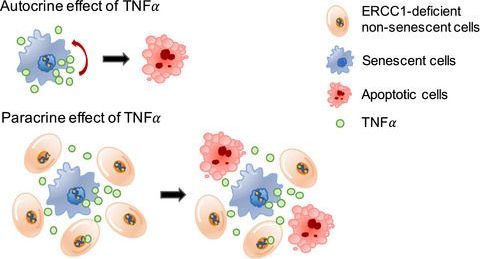
ERCC1 (excision repair cross complementing‐group 1) is a mammalian endonuclease that incises the damaged strand of DNA during nucleotide excision repair and interstrand cross‐link repair. Ercc1−/Δ mice, carrying one null and one hypomorphic Ercc1 allele, have been widely used to study aging due to accelerated aging phenotypes in numerous organs and their shortened lifespan. Ercc1−/Δ mice display combined features of human progeroid and cancer‐prone syndromes. Although several studies report cellular senescence and apoptosis associated with the premature aging of Ercc1−/Δ mice, the link between these two processes and their physiological relevance in the phenotypes of Ercc1−/Δ mice are incompletely understood. Here, we show that ERCC1 depletion, both in cultured human fibroblasts and the skin of Ercc1−/Δ mice, initially induces cellular senescence and, importantly, increased expression of several SASP (senescence‐associated secretory phenotype) factors. Cellular senescence induced by ERCC1 deficiency was dependent on activity of the p53 tumor‐suppressor protein. In turn, TNFα secreted by senescent cells induced apoptosis, not only in neighboring ERCC1‐deficient nonsenescent cells, but also cell autonomously in the senescent cells themselves. In addition, expression of the stem cell markers p63 and Lgr6 was significantly decreased in Ercc1−/Δ mouse skin, where the apoptotic cells are localized, compared to age‐matched wild‐type skin, possibly due to the apoptosis of stem cells. These data suggest that ERCC1‐depleted cells become susceptible to apoptosis via TNFα secreted from neighboring senescent cells. We speculate that parts of the premature aging phenotypes and shortened health‐ or lifespan may be due to stem cell depletion through apoptosis promoted by senescent cells.
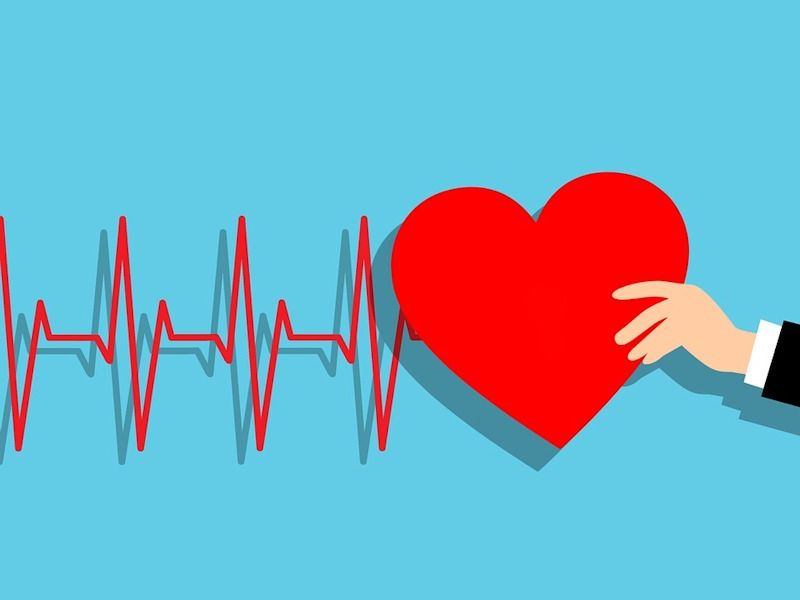
A team from Cincinnati Children’s Hospital tracked stem cells injected into the hearts of mice, and what they found could explain why clinical trials testing stem cell therapies in people with heart disease have been unsuccessful. They believe a smarter approach could be to harness the power of macrophages that provide healing in response to inflammation.
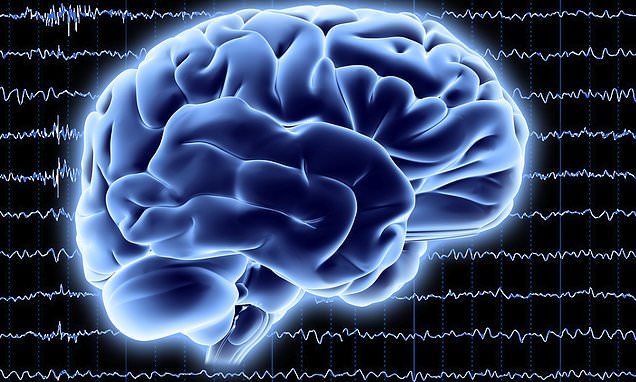
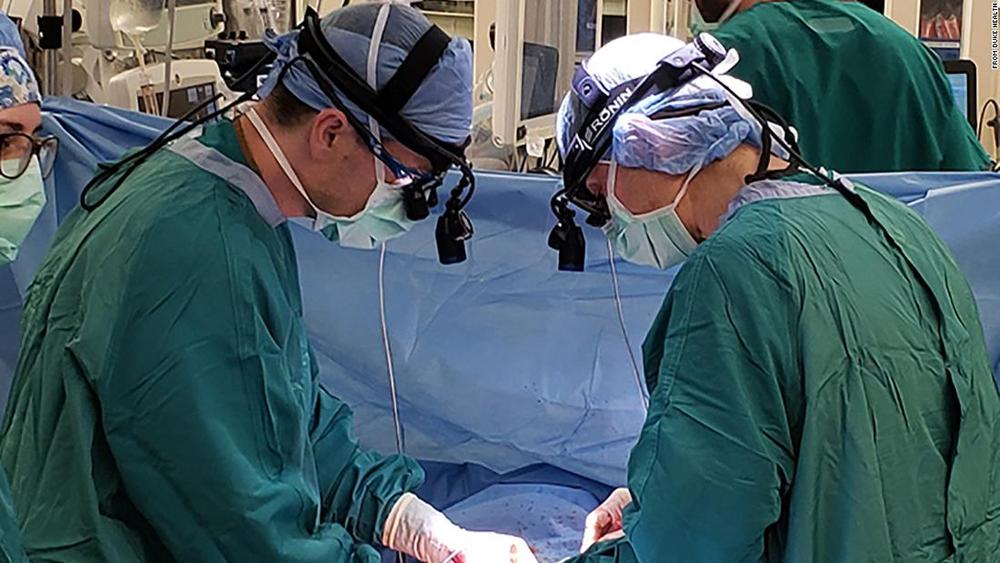
Doctors at Duke University Medical Center this month “reanimated” a heart for a first-of-its-kind transplant performed on an adult in the United States.
Heart transplants typically come from donations after brain death, in which the still-beating heart of a person who has been declared brain dead is transplanted into a recipient. The approach used at Duke is known as a donation after circulatory death (DCD), and it relies on hearts that have stopped beating and are essentially reanimated and begin beating again.
The TransMedics Organ Care System, a warm perfusion pump, allows doctors to resuscitate and preserve hearts for transplantation. The system was used for the adult donation after circulatory death transplant at Duke University Medical Center, one of five centers in the United States approved by the US Food and Drug Administration for clinical trials of the TransMedics system.
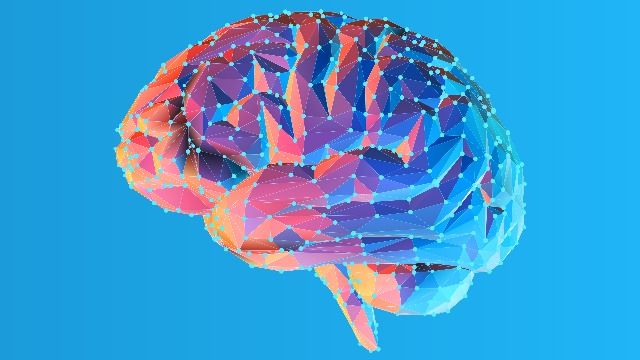
Drugs that tamp down inflammation in the brain could slow or even reverse the cognitive decline that comes with age.
University of California, Berkeley, and Ben-Gurion University scientists report that senile mice given one such drug had fewer signs of brain inflammation and were better able to learn new tasks, becoming almost as adept as mice half their age.
“We tend to think about the aged brain in the same way we think about neurodegeneration: Age involves loss of function and dead cells. But our new data tell a different story about why the aged brain is not functioning well: It is because of this “fog” of inflammatory load,” said Daniela Kaufer, a UC Berkeley professor of integrative biology and a senior author, along with Alon Friedman of Ben-Gurion University of the Negev in Israel and Dalhousie University in Canada. “But when you remove that inflammatory fog, within days the aged brain acts like a young brain. It is a really, really optimistic finding, in terms of the capacity for plasticity that exists in the brain. We can reverse brain aging.”
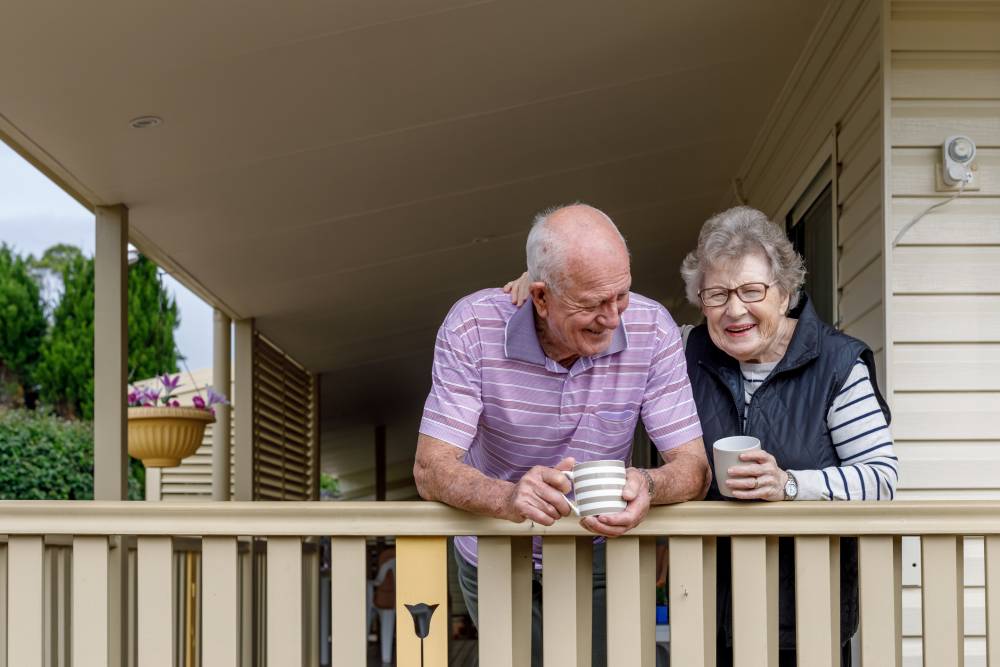
New evidence suggests that the cause of Alzheimer’s – which is the most common form of dementia – is actually the result of leakage from the brains ‘filtration system’ known as the blood-brain barrier. The blood-brain barrier is a border within the brain that separates circulating blood from a variety of different fluids in the central nervous system. Previous MRI scans have found that the blood-brain barrier breaks down in nearly 60% of people by the age of 70, and it is believed that this allows harmful chemicals to seep through which is triggering inflammation and fog throughout the brain.
A groundbreaking new study that has seen scientists successfully reverse the effects of dementia is changing the way the scientific world once viewed the disease.
The majority of dementia treatments have focused on trying to remove amyloid plaque from the brain, however, the latest study published in Science Translational Medicine suggest that targeting brain inflammation is the silver-bullet for curing dementia.
New evidence suggests that the cause of Alzheimer’s – which is the most common form of dementia – is actually the result of leakage from the brains ‘filtration system’ known as the blood-brain barrier.
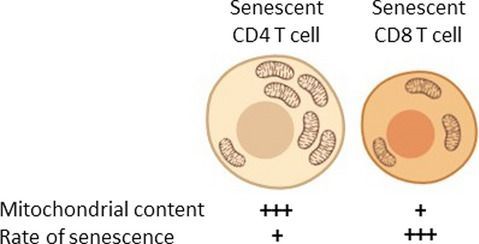

Bacteria and the viruses that infect them are engaged in a molecular arms race as ancient as life itself. Evolution has equipped bacteria with an arsenal of immune enzymes, including CRISPR-Cas systems, that target and destroy viral DNA. But bacteria-killing viruses, also known as phages, have devised their own tools to help them outmaneuver even the most formidable of these bacterial defenses.
Now, scientists at UC San Francisco and UC San Diego have discovered a remarkable new strategy that some phages employ to avoid becoming the next casualty of these DNA-dicing enzymes: after they infect bacteria, these phages construct an impenetrable “safe room” inside of their host, which protects vulnerable phage DNA from antiviral enzymes. This compartment, which resembles a cell nucleus, is the most effective CRISPR shield ever discovered in viruses.
“In our experiments, these phages didn’t succumb to any of the DNA-targeting CRISPR systems they were challenged with. This is the first time that anyone has found phages that exhibit this level of pan-CRISPR resistance,” said Joseph Bondy-Denomy, Ph.D., assistant professor in the Department of Microbiology and Immunology at UCSF. Bondy-Denomy led the research team that made the discovery, which is detailed in a paper published Dec. 9, 2019 in the journal Nature.